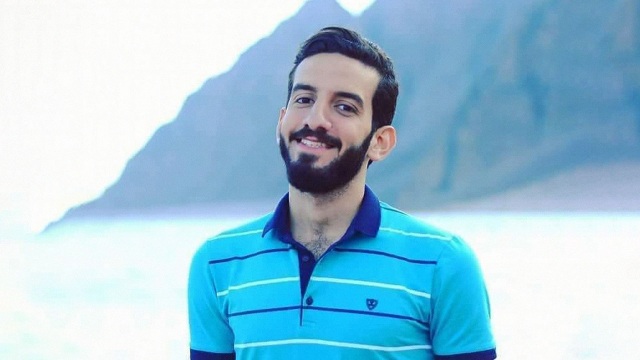In yet another instance of weaponizing the judiciary against dissidents and civil society activists, Egypt’s Terrorism Criminal Court has sentenced student activist Moaz El-Sharqawy to 10 years of high-security imprisonment in a new politically motivated case (Case No. 540 of 2023, Supreme State Security).
The charges against him include “spreading false news,” “joining a terrorist organization,” and “misusing social media”—all leveled without concrete evidence, relying solely on unverifiable and legally questionable security reports.
El-Sharqawy’s defense lawyer confirmed the case lacked the minimum legal standards, noting that the “charges were vague, the evidence nonexistent, and there were no specific posts or recordings incriminating the defendant.”
He was forcibly disappeared for more than three weeks, during which no official body acknowledged his whereabouts. He was denied access to his family and lawyer, a clear violation of constitutional guarantees.
Reports from his family documented that El-Sharqawy was subjected to physical torture and humiliation while being moved between secret detention facilities. Yet the prosecution ignored these violations and failed to open any investigation.
The lack of transparency in his detention and trial raises serious concerns about the fairness of the legal process and points to the retaliatory nature of the case—directly tied to his public activism and opposition stances.
This case underscores a dangerous trend toward legitimizing repression, criminalizing dissent, and turning the judiciary into a tool to silence peaceful activism and civil opposition in Egypt.


























